- Your cart is empty
- Continue Shopping

Product
Introduction: Tasigna, featuring the active ingredient Nilotinib, stands as a key player in the realm of oncology, specifically in the treatment of Chronic Myeloid Leukemia (CML). This medication, a second-generation tyrosine kinase inhibitor, has significantly reshaped the landscape of CML therapy, offering improved efficacy and enhanced precision in targeting cancer cells.
Drug Class: Nilotinib belongs to the class of tyrosine kinase inhibitors, more specifically, it is a second-generation BCR-ABL tyrosine kinase inhibitor. This class of medications targets the abnormal BCR-ABL protein, which is associated with the uncontrolled proliferation of leukemia cells in CML.
Indications: Tasigna is primarily indicated for the treatment of newly diagnosed adult patients with Philadelphia chromosome-positive (Ph+) chronic-phase Chronic Myeloid Leukemia (CML). Additionally, it is prescribed for the treatment of chronic and accelerated-phase CML in adult patients resistant or intolerant to prior therapy, including Imatinib.
Mechanism of Action: Nilotinib’s efficacy lies in its ability to selectively inhibit the activity of BCR-ABL tyrosine kinase, a protein produced by the Philadelphia chromosome. This aberrant protein is a hallmark of CML and plays a central role in the excessive growth of leukemia cells. By specifically targeting BCR-ABL, Nilotinib interrupts the signaling pathways that drive the uncontrolled proliferation of leukemia cells, promoting apoptosis (cell death) and reducing the leukemic cell burden.
Dosage and Administration: The recommended dosage of Tasigna is typically a 200 mg capsule taken twice daily, approximately 12 hours apart. The capsules are usually administered on an empty stomach, at least one hour before or two hours after a meal. This helps optimize the absorption of Nilotinib. It is essential for patients to strictly adhere to the prescribed dosage and schedule, and any deviations should be discussed with the healthcare provider.
Healthcare professionals may adjust the dosage based on the patient’s response to treatment and individual tolerability. Regular monitoring, including blood tests and other assessments, is crucial to evaluate the treatment’s effectiveness and manage potential side effects.
Effectiveness: Clinical studies have demonstrated the effectiveness of Nilotinib in the treatment of Chronic Myeloid Leukemia. The drug has shown substantial efficacy in inducing and maintaining complete cytogenetic response (absence of Philadelphia chromosome) and major molecular response (reduction in BCR-ABL transcript levels). Tasigna’s role as a frontline therapy for newly diagnosed CML and as a subsequent treatment for patients resistant or intolerant to prior therapy highlights its versatility and impact in managing this hematological malignancy.
Side Effects: While Tasigna is generally well-tolerated, it may cause certain side effects. Common side effects include nausea, fatigue, headache, and skin rash. Some patients may experience changes in blood cell counts, including low levels of neutrophils, platelets, and red blood cells. Additionally, Tasigna may affect liver function and lipid levels.
It is crucial for patients to promptly report any unusual or persistent symptoms to their healthcare provider. The healthcare team closely monitors patients for potential side effects, adjusting the treatment plan or providing supportive care as needed to manage side effects effectively.
Contraindications: Certain individuals may not be suitable candidates for Nilotinib therapy. Contraindications include known hypersensitivity to Nilotinib or any of its components. Additionally, individuals with a history of prolonged QT interval, liver impairment, or pancreatitis may require careful consideration before initiating treatment.
Before prescribing Tasigna, healthcare providers conduct a thorough assessment of the patient’s medical history, current health status, and any potential contraindications. Open communication between patients and healthcare professionals is crucial to ensure that Tasigna is a safe and effective treatment option for Chronic Myeloid Leukemia.
In conclusion, Tasigna (Nilotinib) 200 mg Capsules represent a significant advancement in the treatment of Chronic Myeloid Leukemia. Through its targeted inhibition of the BCR-ABL protein, Nilotinib offers a precise and effective approach, improving outcomes for patients with this hematological malignancy. As with any cancer treatment, individual responses may vary, and ongoing collaboration between healthcare providers and patients is crucial to optimize therapeutic outcomes while managing potential side effects. Always consult with a healthcare professional for personalized information and guidance regarding the use of Tasigna for a specific medical condition.


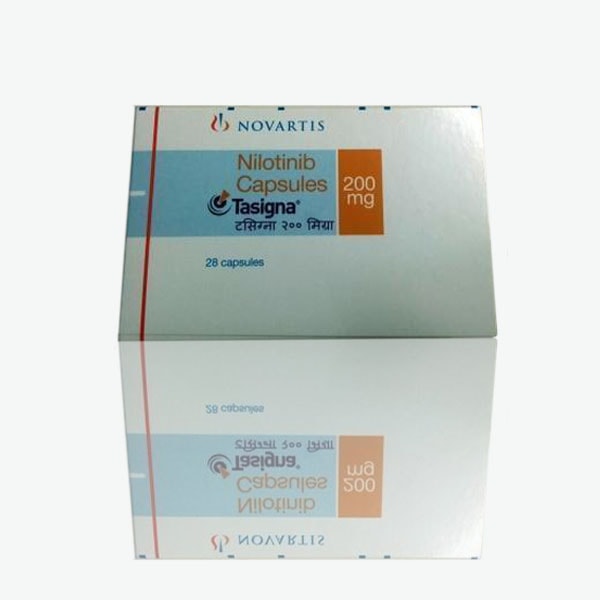
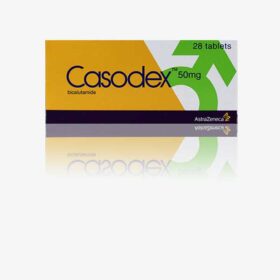

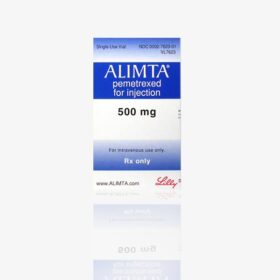
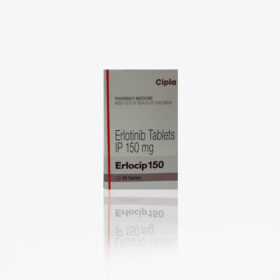
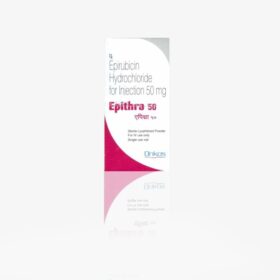
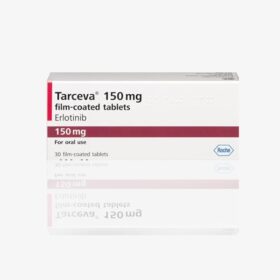
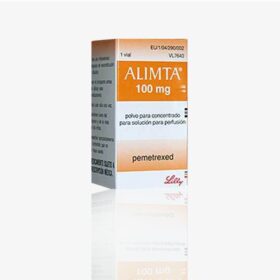
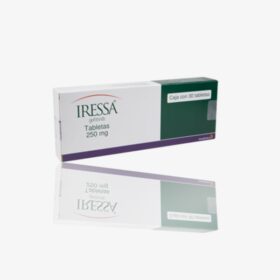



Reviews
There are no reviews yet.